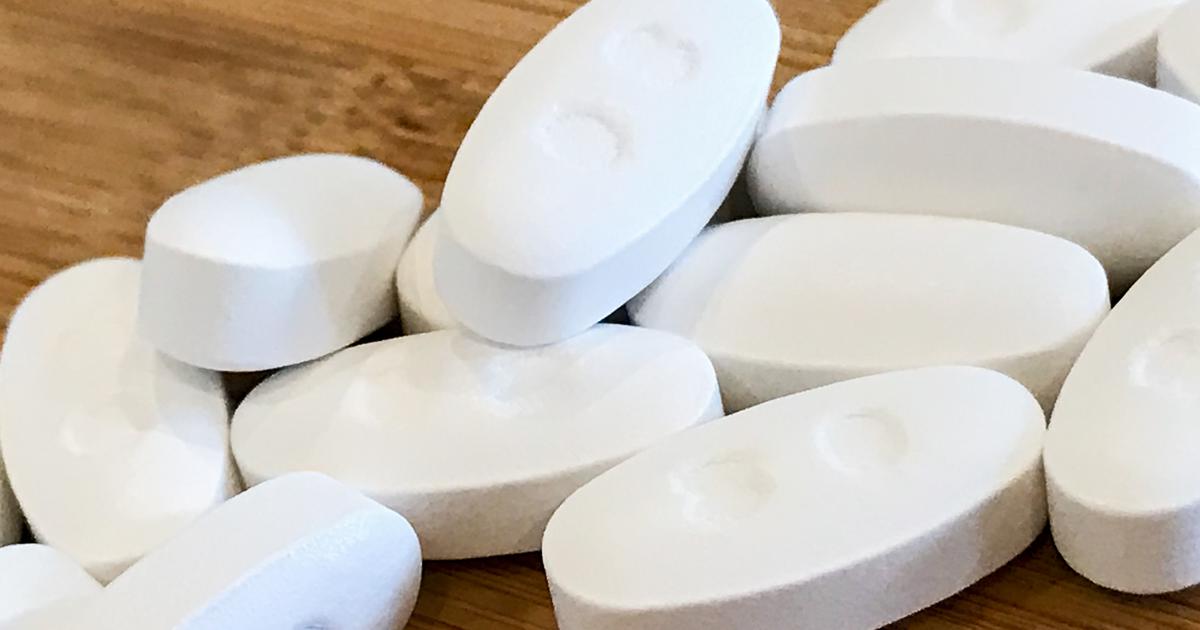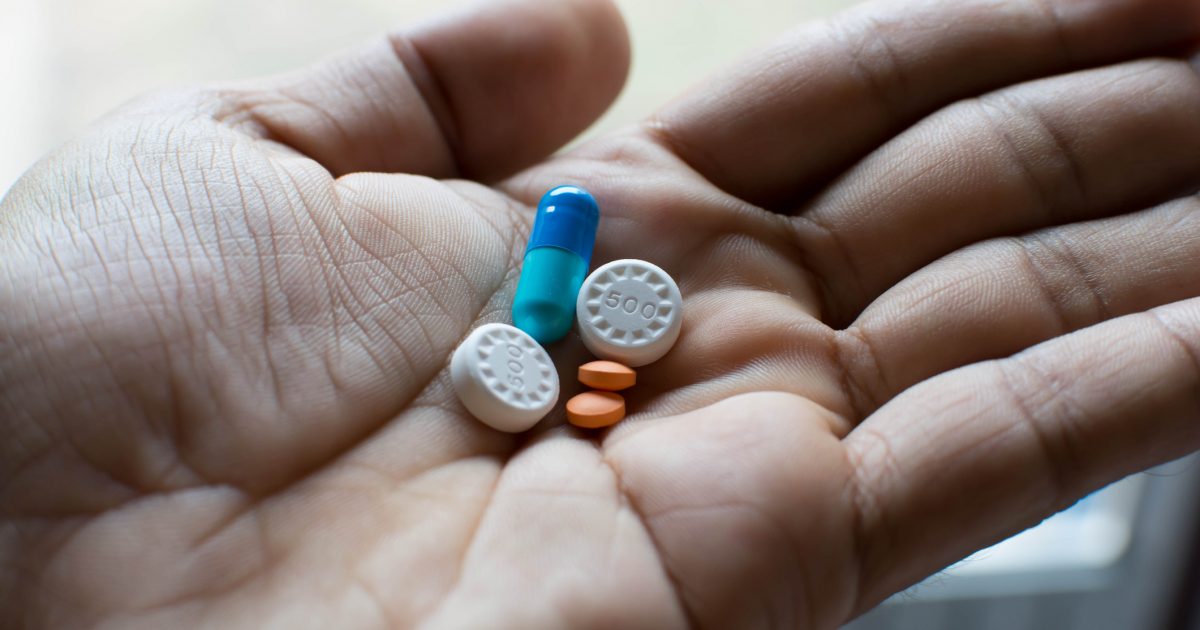How To Get Relief From Kidney Pain
Kidney pain describes painful sensations that occur inside or immediately around an individual's kidneys. The kidneys pull extra fluids, minerals, and wastes from the blood so they can be eliminated from the body through the urine. The kidneys also produce certain hormones and manage blood pressure levels. Pain in the kidneys can be caused by several factors, including urinary tract infections, kidney injury, kidney stones, kidney infection, or renal cancer. Some patients who experience kidney pain may mistake it for being muscle, nerve, or bone pain in their back. The source of an individual's kidney pain can be determined through the use of a physical examination, blood tests, diagnostic imaging, and urinalysis. The method of treatment is greatly influenced by the underlying cause. Some forms of treatment can resolve the underlying issue, while others work to manage symptoms.
Get familiar with the common methods of treatment for kidney pain now.
Pain Medication

Regardless of the underlying cause, pain medication may be used as part of a patient's treatment to help alleviate the pain in their kidneys. Certain pain medications such as ibuprofen, naproxen sodium, and acetylsalicylic acid are not typically used to treat kidney pain in chronic kidney disease patients. However, individuals who have kidney pain from kidney stones or a kidney infection can take these medications for the short-term to help alleviate pain. Paracetamol or acetaminophen is another over-the-counter pain relief medication safe for use in individuals experiencing kidney pain due to an infection, stones, and chronic kidney disease.
Opioids are pain-relieving medications that require a prescription from a physician. These drugs bind themselves to certain receptors in a patient's spinal cord and brain to provide relief similar to that of morphine drugs. These pain-relieving medications can be safe for patients who have kidney pain associated with recent surgery, like a kidney transplant, renal tumor excision, or stent placement. Opioids may also be utilized in individuals affected by kidney pain caused by a cancerous tumor growing in or around their kidney. Opioids may be used in some patients suffering from passing kidney stones, but are only used as a short term solution because of their addictive properties.
Uncover more treatment options for kidney pain now.
Course Of Antibiotics

If an individual's kidney pain is caused by a kidney infection, they will need to take a course of antibiotics as part of their treatment regimen. Patients who have a kidney infection as the underlying cause of their kidney pain have bacteria, pus, or blood presence in their urine. The pain caused by an infection in the kidneys is treated with antibiotics if the infection has been caused by bacteria. Bacteria can move from an individual's bladder through their ureters and into the kidney. Oral antibiotics are typically given to patients who seek treatment for a bladder infection that has not yet progressed to the kidneys. However, infections in the kidneys may need to be treated with a strong initial dose of antibiotics at a physician's office followed by up to two weeks of oral antibiotics. Severe infections of the kidneys that cause considerable pain, nausea, vomiting, and dehydration may need to be treated using antibiotics in an inpatient setting. As the antibiotics kill off the infection-causing bacteria in the affected individual, their kidney pain usually begins to ease up. Kidney pain from a kidney infection cannot be eliminated through the use of pain-relieving medications alone, as they do not treat the underlying cause of the pain.
Keep reading to learn more about getting relief from kidney pain now.
